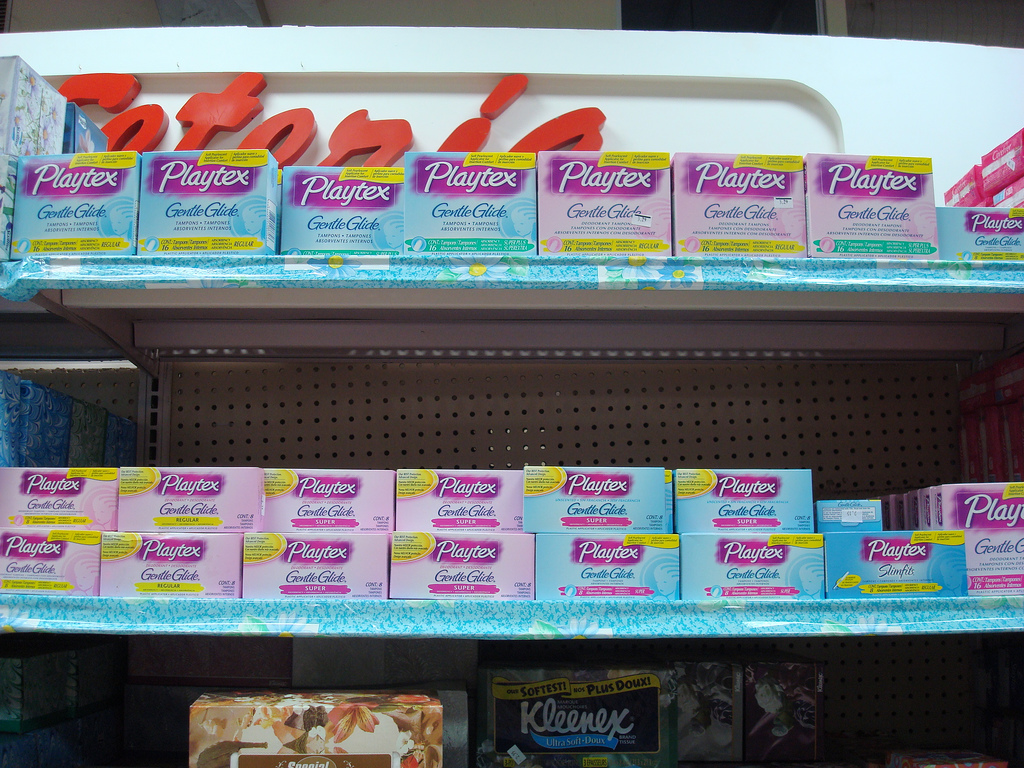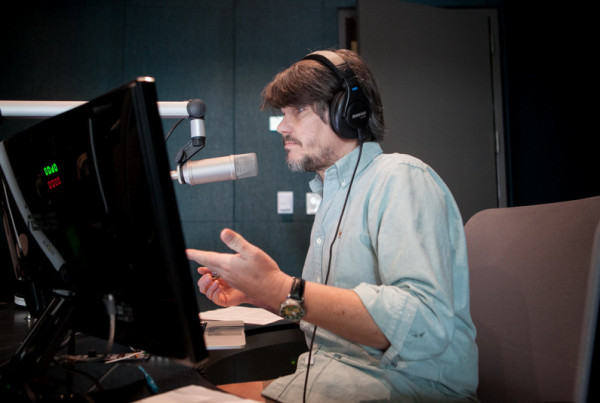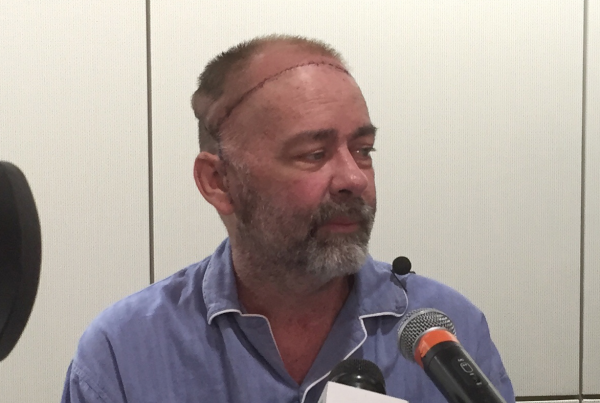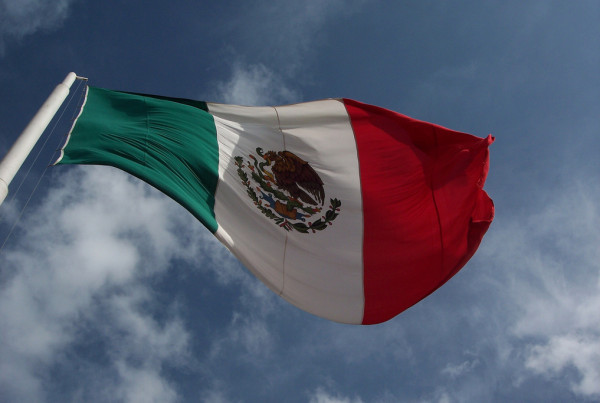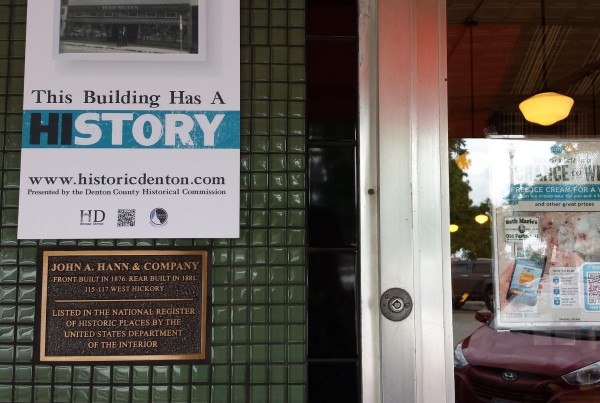No taxation with menstruation – that’s what 75,000 Canadians said in a petition to lobby the federal government to remove sales tax from feminine hygiene products. Jill Pieback led the movement from Toronto.
“We launched a campaign on January 26th with a goal of getting 50,000 signatures,” she says.
Along the way, they had a problem familiar to many women’s rights activists.
“The problem that we were facing in Canada is that there is no gender parity in our government,” Pieback says. “And this tax was so symbolic of so many other laws in Canada that have been made without considering women in this country.”
The petition was successful. The country’s government approved the tax exemption in a unanimous vote. In Texas, the state collects more than half a million dollars from taxes on feminine hygiene product every year. Steve Hanabutt is the president of Sales Tax Specialists in Plano.
“Currently the law says that any over the counter drugs that is required to be labeled with a drugs facts panel is going to be exempt from sales tax,” he says.
That means contact solution, laxatives and painkillers are exempt. Not to mention, groceries. Ann Dunkleburg is an associate director at the Center for Public Policy Priorities in Austin.
“That comes very close to having the same rationale or even food for the reasons that you wouldn’t want to put a sales tax on it,” Dunkleburg says. “But because of the sort of ‘good old boy’ nature of our history here, those things have never been considered for exemption before.”
So will Texas ever pass a law like Canada – lifting what some have called a ‘tampon tax?’
“I think, that it could eventually and it probably will eventually, but frankly it might not be the highest priority,” she says. “I think you know we had a hard time getting some important legislation about the ability of state employees to express milk at work or breastfeed, so it’s not as easy despite the fact that in 2015 we would think these things would be easier to do.”
Some activists are wondering if it might actually be easier to lobby feminine hygiene companies to sell kits – say a box of pads or tampons along with a bottle of pain reliever. If it has to have medical ingredients listed on the box, it would be tax exempt in the state of Texas.


